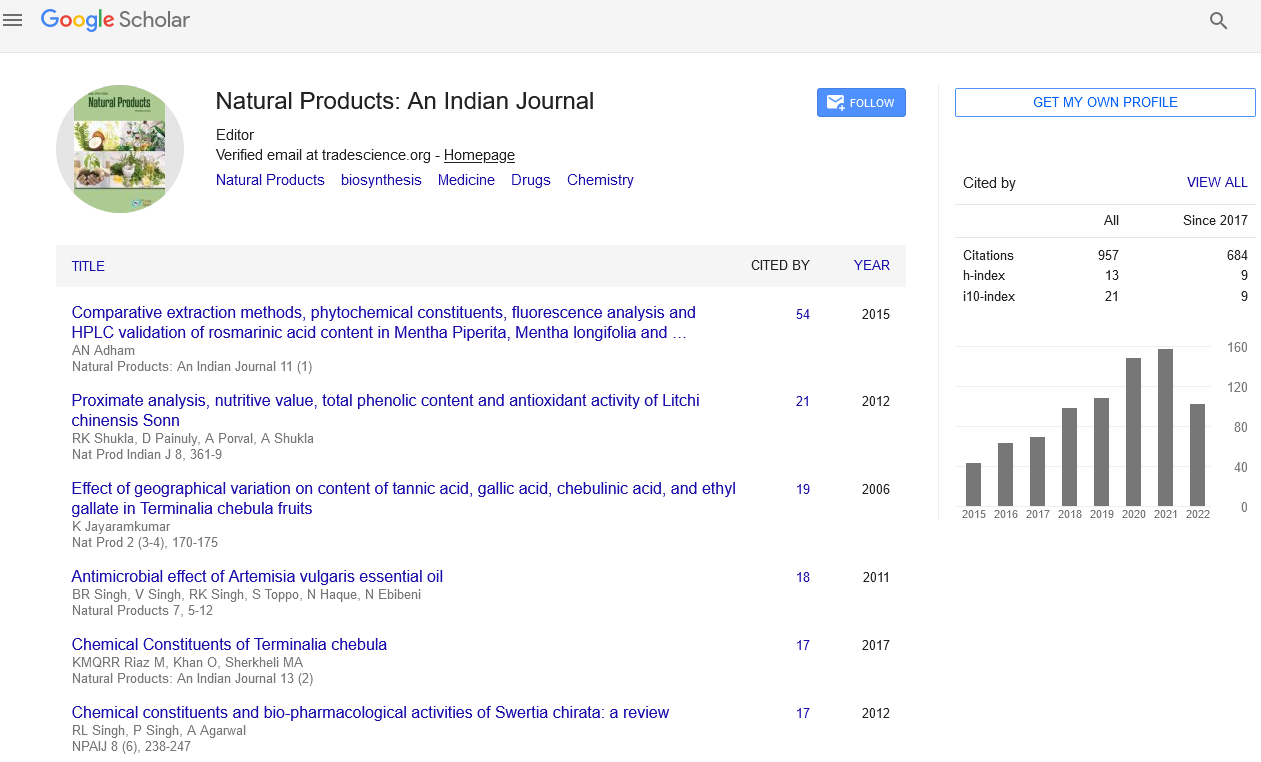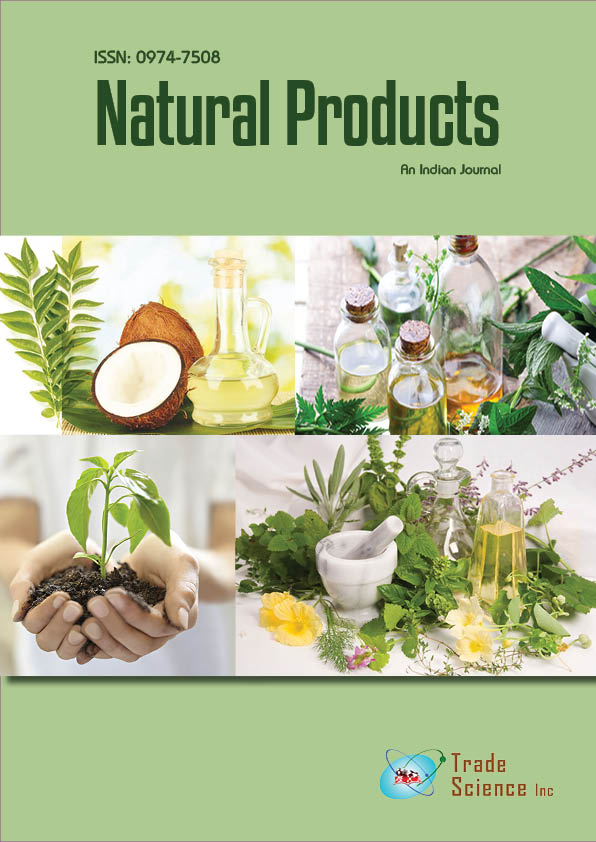Abstract
Nutrient composition, protein quality and anti-nutritional factors in the seeds of Moringa oleifera grown in Awka, Anambra state, Nigeria
Author(s): I.O.Igwilo, F.C.Ezeonu, S.C.Udedi, C.J.Okonkwo, N.A.OzumbaThe nutrient composition, protein quality and some anti-nutritional factors of the seeds of Moringa oleifera were determined using standard analytical techniques. The methods of Association of Analytical Chemists were used for the proximate analysis and vitamin determination. Themineral and amino acid content of the seed samples were estimated using atomic absorption spectrophotometer (AAS) and Technicon sequentialMulti-sample amino acid analyzer (TSM) respectively. The seeds contain 33.78 fat, 28.02 proteins, 28.77 carbohydrates, 3.03 ash, 6.40moisture and 93.60drymatter. It contains ascorbic acid (94.74mg/100g), but lacks niacin, pyridoxine, riboflavin and thiamine. Calcium(2.84mg/100g) and sodium (129.03mg/100g), two essential electrolytes also abound in the seeds. Tannins (40mg/100g) and oxalates (51.24mg/100g) were present at high levels while saponins (9.4mg/100g), phytates (0.435mg/100g) and cyanogenic glycosides (4.59mg/100g) occur atmuch lower levels. Experimental studieswith rats suggest that despite the appreciably high protein (28.02%) and fat (33.78%) contents of the seeds, it does not support growth. Rats fed compounded meal containing 35.7% of Moringa seed ration for 21 days presented with drastic reduction in growth rate withmean bodyweight declining from55.77 ± 2.61g to 36.87 ± 1.52g. The implication is that either the protein content of the seeds is not digestible or that the anti-nutritional factors interfered with normalmetabolism.

